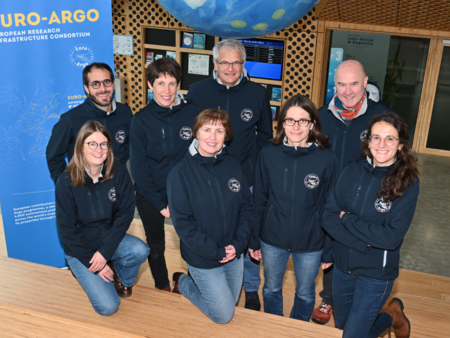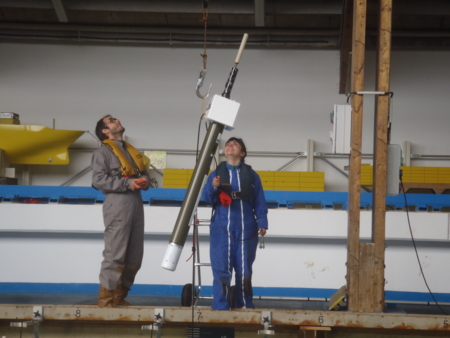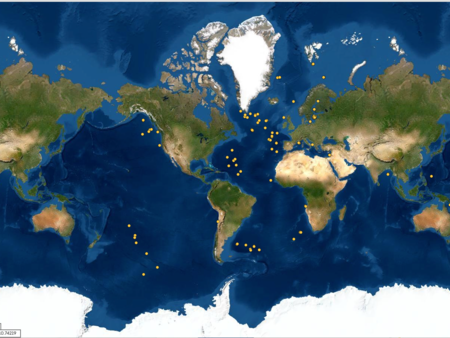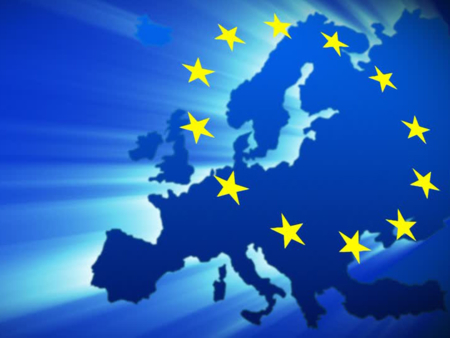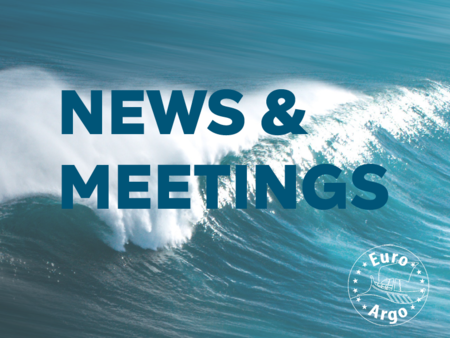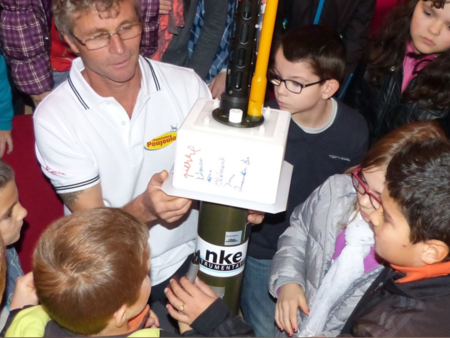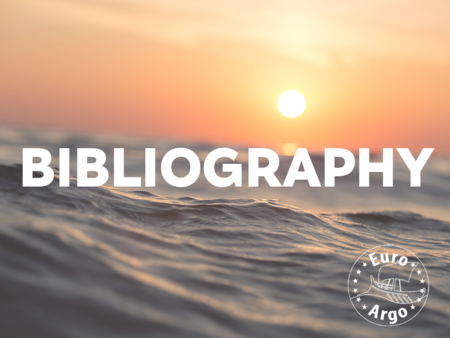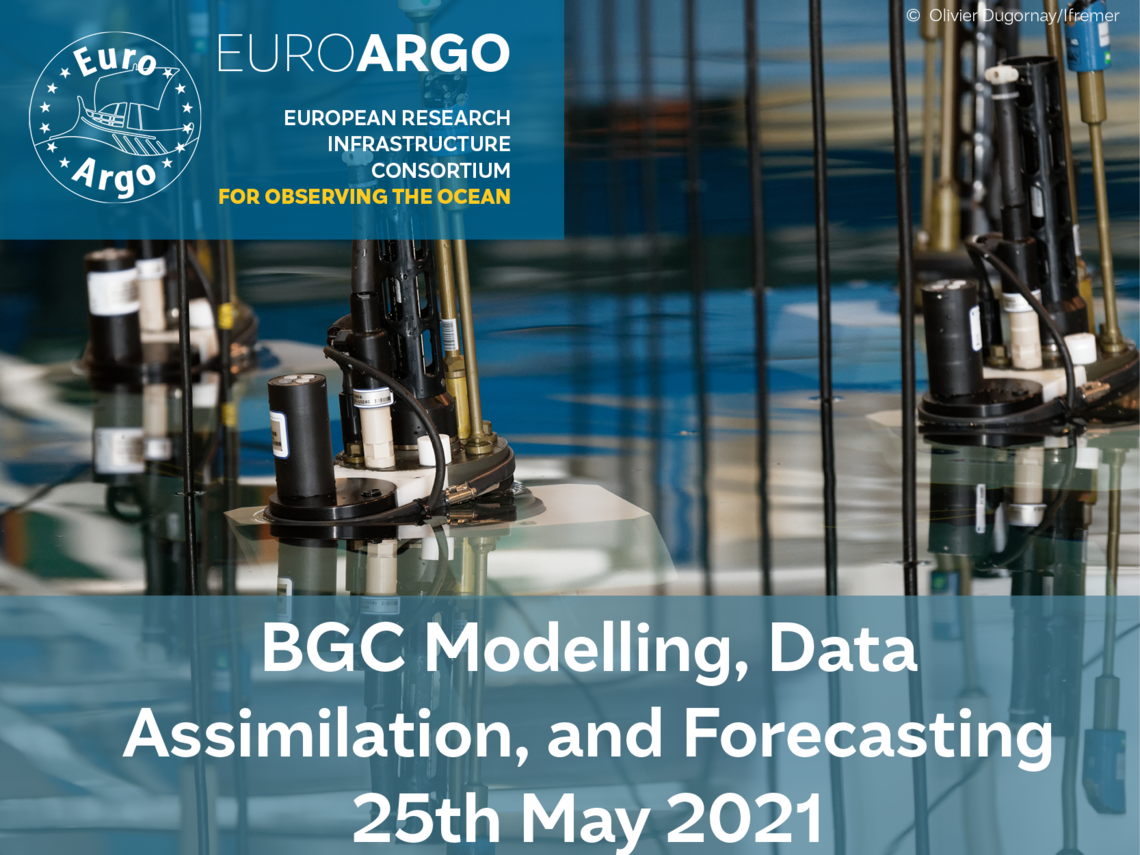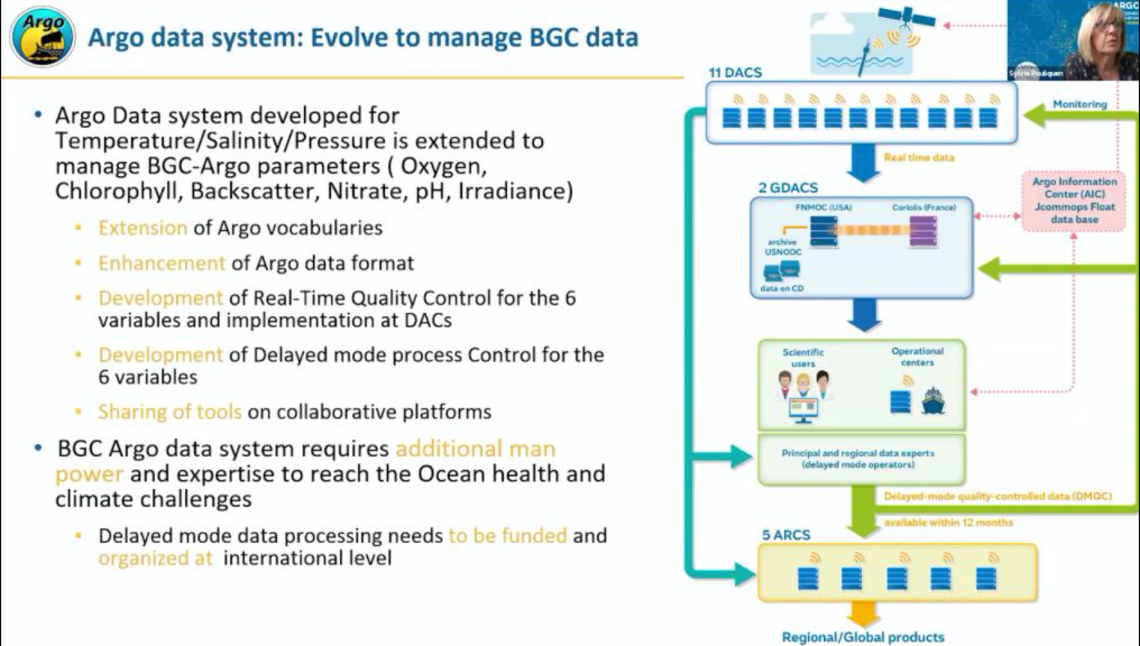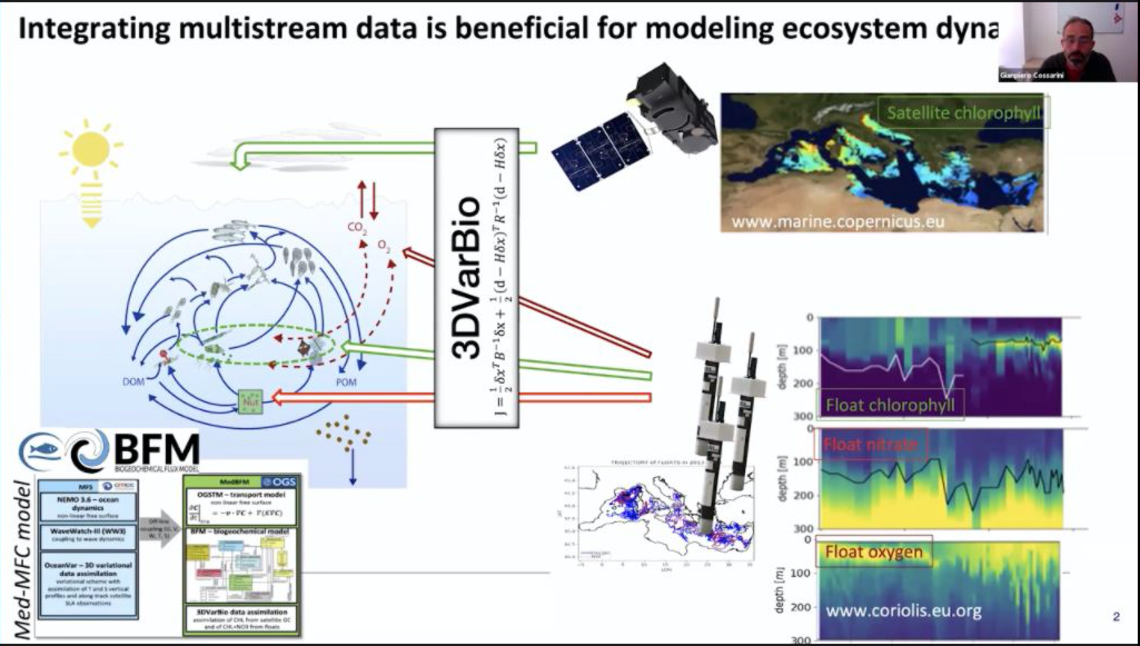BGC Modelling, Data Assimilation, and Forecasting" session: a strong European involvement
In the framework of the “Global Biogeochemical-Argo Fleet: Knowledge to Action Workshop”, a series of workshops have been organized since the 4th May 2021 to explore the applications of a global data-stream from the Biogeochemical-Argo array in fisheries, carbon budget verification, and environmental forecasting. It will end on the 1st June with a high level event focused on perspectives to fully develop a sustained 1000 BGC-Argo array network.
A specific session, held online on May 25th, focused on “Biogeochemical Modelling, Data Assimilation, and Forecasting”, chaired by Pierre-Yves Le Traon, was marked by a strong European involvement.
What is the “Global Biogeochemical-Argo Fleet: Knowledge to Action Workshop”?
It’s a virtual workshop building on the priorities of the G7 Future of the Seas and Oceans Initiative to explore the applications of a global data-stream from the Biogeochemical-Argo array in fisheries, carbon budget verification, and environmental forecasting.
What to remember about week 4 of this Workshop?
The 4th week was dedicated to « Biogeochemical Modelling, Data Assimilation, and Forecasting ».
The scientific applications of the BGC Argo array are established and growing. However, the implementation of a new and robust biogeochemical data stream has not yet been incorporated in ocean management and forecasting systems. The 4th week session allowed to explore the possibilities that a robust stream of data (oxygen, pH, nitrate, chlorophyll, plankton biomass, and derived products such as pCO2, dissolved inorganic carbon) could have in ecosystem management and environmental forecasting.
5 of the 8 presentations in this 4th week session were led by European scientists, showing the growing implication of Europe in the full implementation of the BGC extensions:
- Pierre-Yves Le Traon (Mercator Ocean and Copernicus Marine Service, CMEMS, France) presented CMEMS and the importance of BGC-Argo for operational services. Elodie Gutknecht (Mercator Ocean and Copernicus Marine Service, CMEMS, France) presented the crucial use of Argo for the validation of CMEMS ecosystem models.
- Gianpiero Cossarini (OGS, Italy) presented the benefits of Argo's assimilation in the MediterraneanSea to improv ecosystem models.
- Stefano Ciavatta (PML, UK) pointed out the importance of an integrated system that assimilates into marine ecosystem models, not only satellite ocean colour data but also in situ BGC data coming from BGC-Argo complemented by gliders in regional to coastal seas to enhance services to users.
- Sylvie Pouliquen (Ifremer, France) presented the Argo data system and the improvements needed to manage the BGC-Argo data.

